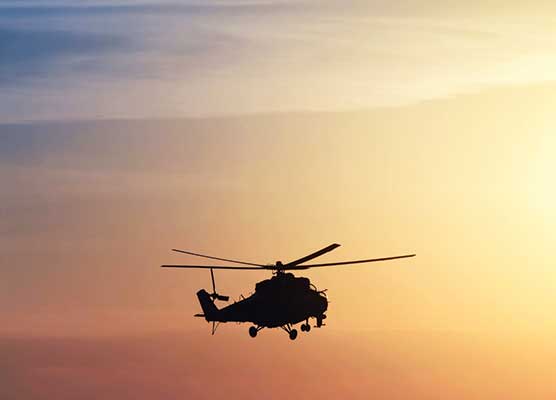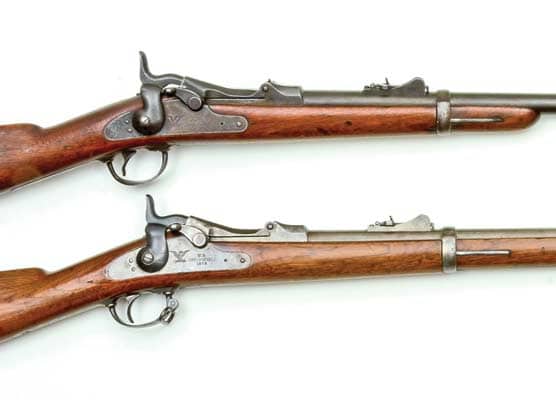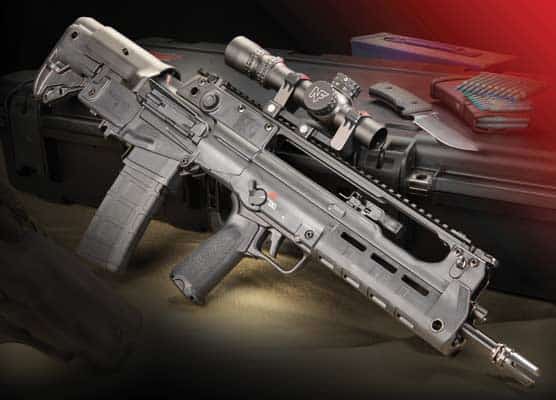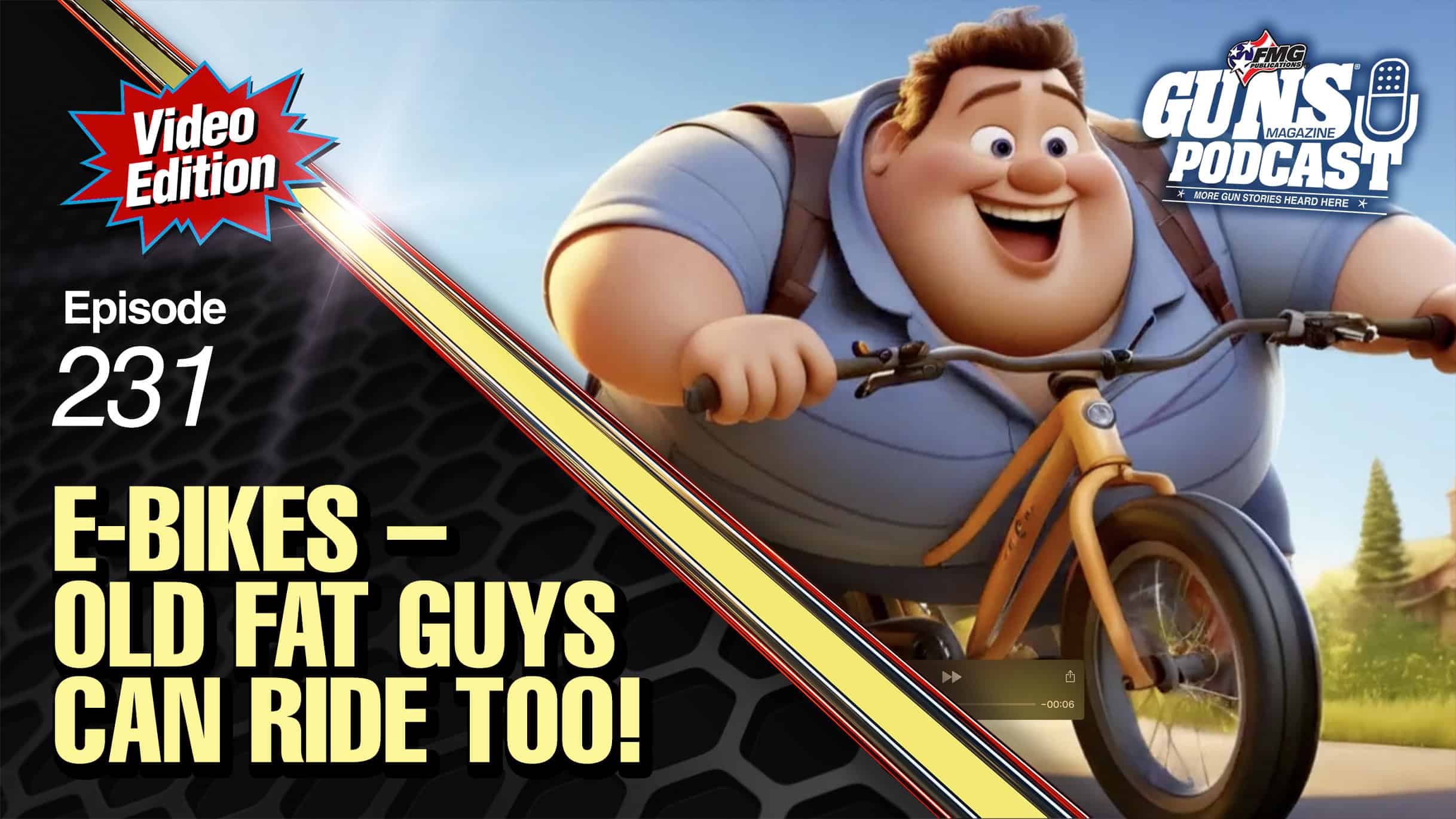Bad Day At The Office, Part II
You Can’t Tell the Players Without A Scorecard.
So See Part 1
As King descended through a belt of brightening low-angle morning sunlight down into the forest canopy, darkness enveloped him like a shroud. Twisting slowly on his cable, musty brown whirlwinds of mold, debris and detritus kicked off the leaves and branches by the helo’s powerful downdraft, stung his face and pecked at his goggles. He couldn’t make out any details of the ground below, and hoped the HH—the “Hired Hands”—had done their job.
Thanks to Hollywood movies, many First World people see such “holes” in a sea of otherwise unbroken treetops and envision Disney-like sylvan glades at their bases; pretty mini-meadows of emerald grasses, dappled by sunshine and strewn with wildflowers. That’s rarely the case in reality. Think about it: What conditions create those “holes”? Rocks thrust upward through the earth’s crust, often shattered, unstable leg-breakers and ankle-busters; old aircraft wreckage featuring violently torn knife-edged scrap teeming with tetanus; the corpses of giant trees felled by lightning or disease, their sharp, splintered bones sticking up like huge punji stakes to skewer you like a kebab, or the worst: Naturally-occurring sinkholes with steep, slick, crumbling sides falling sometimes a 100 feet or more below ground-level to a pit of sodden death-rot; a soup of fermenting bacteria and miasmic vapors, slow-cooking incautious animals—and men. I’ve seen ’em. But this one—this one—wasn’t bad at all.
The HH had scouted this hole and declared it suitable for lowering men and gear, returning the evening before King’s descent to clear remaining obstacles—a tree trunk, some rocks and stubborn spiky shrubs. Then they had remained on-site overnight to detect, detain and deal with any human snoopers who might wonder why the clearing had been tidied up. Three somewhat-trodden paths intersected there, so this was a valid tactical concern.
King touched down, unclipped himself from the cable, gave the crew chief a “thumbs up” and stepped clear, so he wouldn’t be directly under the heavy, perhaps swaying cargo load to come. Turning, he spotted and waved to the HH, who were in three groups of four each at the mouths of the trails. “Friendly enough,” he thought as they waved back, then turned his attention to the descending cargo bundle. It was still a few feet above the canopy when there was a sudden screech of tortured metal, a TWANG! like the Jolly Green Giant’s bowstring had snapped, and the cargo load plummeted to the deck like a Mosler safe.
Best-Laid Schemes, Gang Aft Agley
The load hit the deck and splattered radially like a hard break on a pool table, launching parcels large and small thither and yon—mostly yon, I’m guessing. King ducked and turned; a ration pack hit him upside the head, and something hefty whacked him in the back like a Goose Gossage fastball. He recognized it as a binocular case, which had been secured in a larger container with another set of binocs plus two spotting scopes with camera adaptors. He wondered where they were, in how many pieces.
King brought out his little pocket-comm and tried to think of a sarcastic but diplomatic remark to make to the helo’s crew chief—but the chief beat him to it. King could hear his shaken breathlessness over the engine noise, saying the braided steel cable had rebounded so high and hard it had almost gone right into the helo’s spinning blades, which could have been, let’s say, “terminally problematic.” The chief then announced they were bingo fuel, had to leave, and advised King to quickly check his scattered load. They would be in range of King’s low-power pocket-comm for a few minutes only, and if any critical items were lost or broken he should report it using the base radio—which had also been in the slung load.
As the helo droned away and birds ceased squawkin’ he heard uproarious laughter. The HH’s were applauding, clapping their hands and cheering. Well, it was quite a show. HHH, their honcho, approached and got right to business: The money. King had two bundles of currency and stamped silver rounds; a smaller one to be paid now, “up front,” and a larger one to be handed over when he and all the gear were delivered to the site where his native asset awaited, ill-equipped and short of food and water. Over 400 pounds of supplies plus their weapons and personal gear had to be humped over rough terrain for a long day into night, to arrive the following midday, carried by 12 HH’s and King. The Honcho peeped into the smaller pay-packet, then stuffed it into a shoulder bag and dropped the bomb.
“We Leave Now”
“We leave now,” he said, explaining a better gig had come up, and they were taking it. King objected and laid out his understanding of the deal. HHH disagreed, saying it was not one job but two separate jobs, the first including scouting the drop zone, then clearing and protecting it until King’s arrival. They had fulfilled the first job, been paid, and now they were cancelling participation in the second job. The notion of one job was silly, the Honcho said, else why wouldn’t there be only one payment? It wasn’t like, he smiled, they couldn’t just kill King, take all the money and the supplies and call it a day, but they were businessmen. In effect, he suggested, King had simply been outbidden on job number two. “Just business, you know?” King opened his mouth to press the matter, but the HH’s had formed a file and started down a trail—a wrong one for King’s mission.
King hesitated. Another alphabet agency had contracted the HH’s, and he couldn’t be certain of the exact agreement. Did that matter? Prob’ly not. And he couldn’t force the issue against 12 armed men. Wait! Offer them more money! Double the money, and let the guys in suits figure it out later! He hustled to grab the right elbow of their tail-end-Charlie man. From that point, memories became drifting, filmy fragments. In a stateside hospital, King would recall an overwhelming compulsion to find the extended-range radio and its antenna package, because there was something terribly, terribly wrong with his head—but remembered nothing more.
Mid-afternoon of that day, our teenage heroes “Biff” and “Kip” were striding down one of those trails, chuckling and congratulating themselves on how smooth and cool they were. They’d told their parents and several others they were taking off for some small-game hunting and fishing—all within their clan’s home turf, of course!—and would be gone for a couple of days. By noon they were well into “forbidden territory,” and savoring every second. An adventure! A daring, maybe epic journey! They might see all kinds of strange things and weird people and animals!
Rounding a bend in the trail they surprised a bunch of happy native children, maybe 5 to 10 years old. Their arms were laden with odd-looking items and parcels, and one boy lugged a funny-looking black rifle. They wore colorful shorts, T-shirts and sneakers or sandals. The kids took one look at Biff and Kip, clad in loincloths and beaded caps, bearing spears and bush knives, and they screamed and crashed off into the jungle, dropping objects everywhere.
Biff and Kip stood stunned. Thus began an unforeseen epic journey to a brand new world with the not-quite-conscious King, whom they took under their wing, eventually reaching “friendly” friendlies.
Weeks later, questioned by an INV and the TERP, the Honcho expressed regret, but said any guy dumb enough to run up and grab a man’s rifle arm from behind might deserve getting butt-stroked in the head, right? And when he looked back, he said, King was staggering to his feet, OK? Had King been prone and motionless, naturally, they would have done something for him. He then pointed out they had not robbed King, because that wasn’t the deal. He rested his case, honor satisfied.—Connor OUT)




